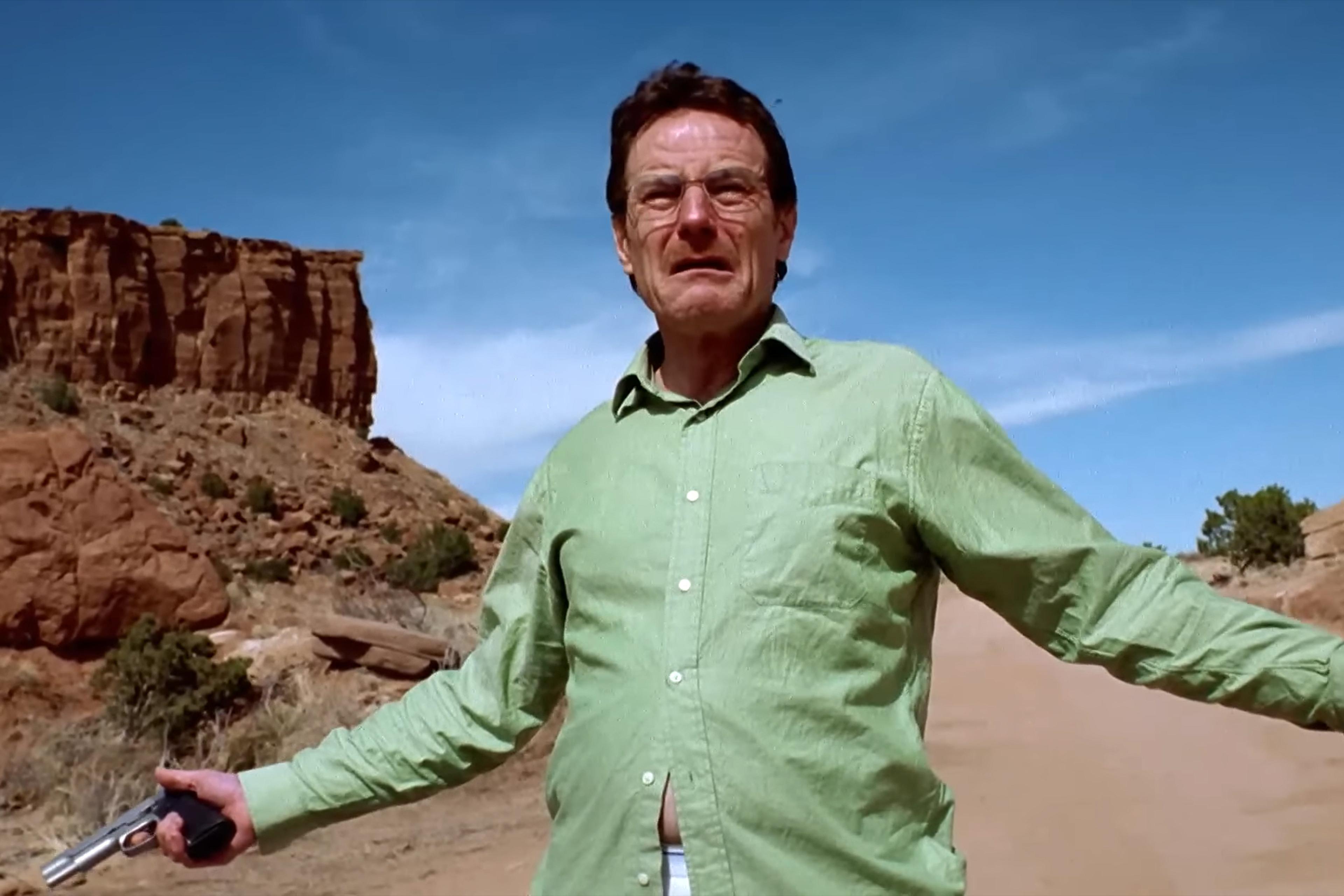It’s easy to understand why superhero stories or James Bond films are popular in Hollywood. In our age of diffuse, interconnected problems, it’s hard for audiences to resist the idea that an extraordinary person or small group might swoop in and save the day. However, as the US writer and filmmaker Namir Khaliq argues in this video essay, adapted from his Psyche Idea, these ‘psychological stories’ put far too much emphasis on individual agency. And because of that, they fail to capture the complex nature of the biggest issues of our time, like climate change and inequality, which are rooted in bad systems rather than the badness of individual actors.
Weaving between pop culture references, Khaliq offers examples of some of the rare instances of ‘sociological storytelling’ in mainstream movies – including The Hunger Games franchise (2012-15) and The Big Short (2015) – that better capture the nature of the problems our world faces. In doing so, he offers a roadmap for creating stories with compelling characters that, nonetheless, don’t make the world’s increasingly intricate issues a puzzle for one hero to untangle, but a vast chess board of systems, circumstances and motivations.







